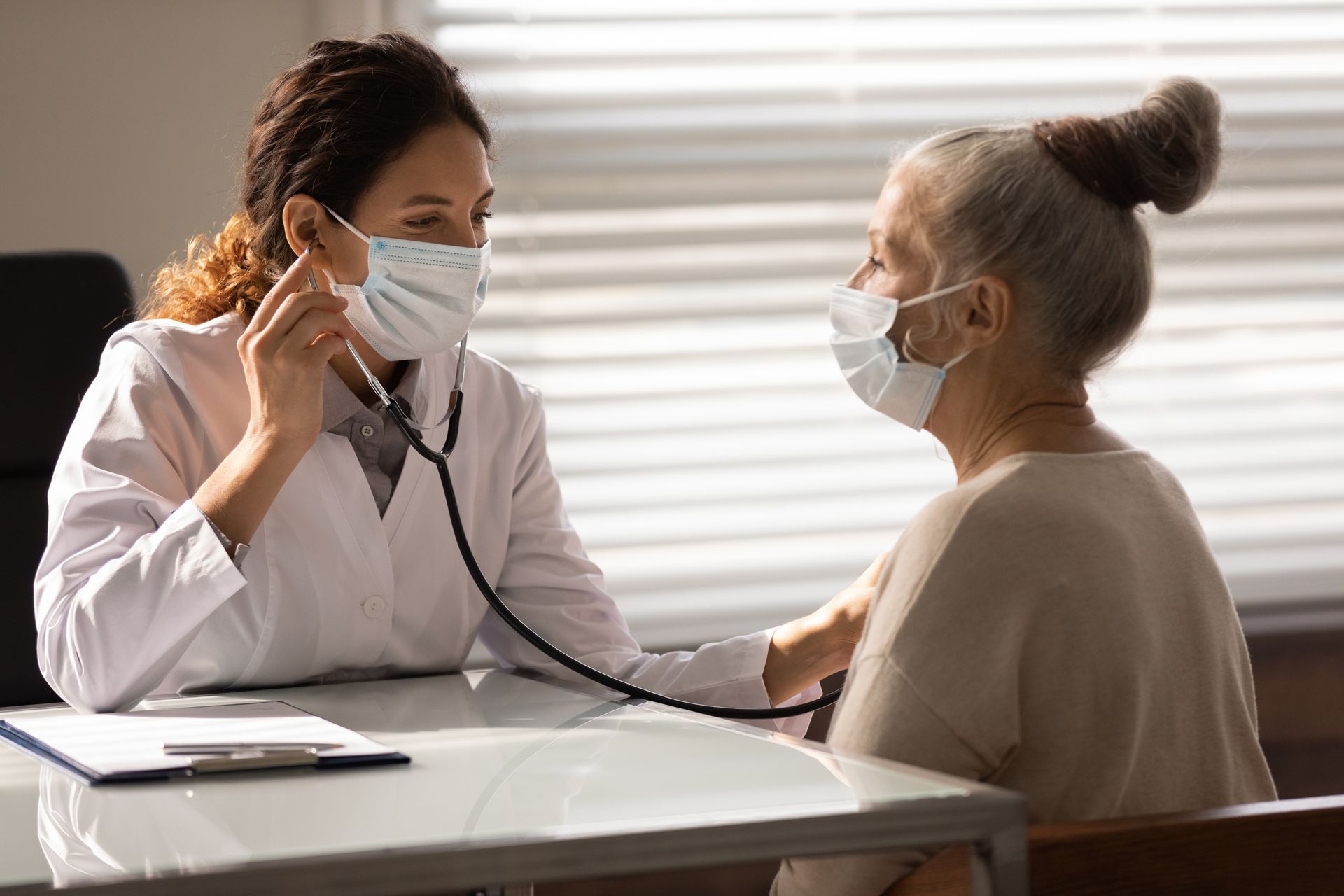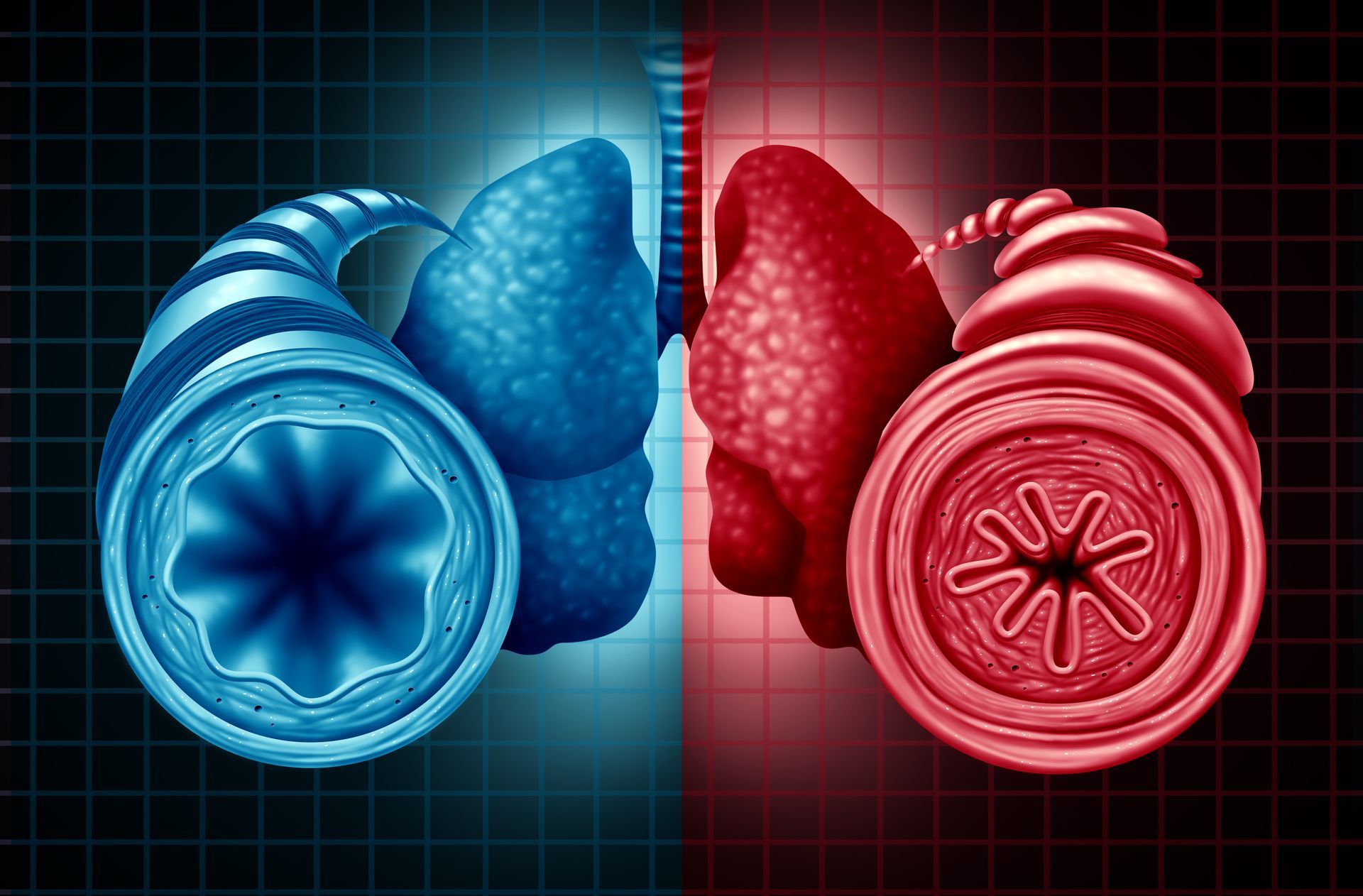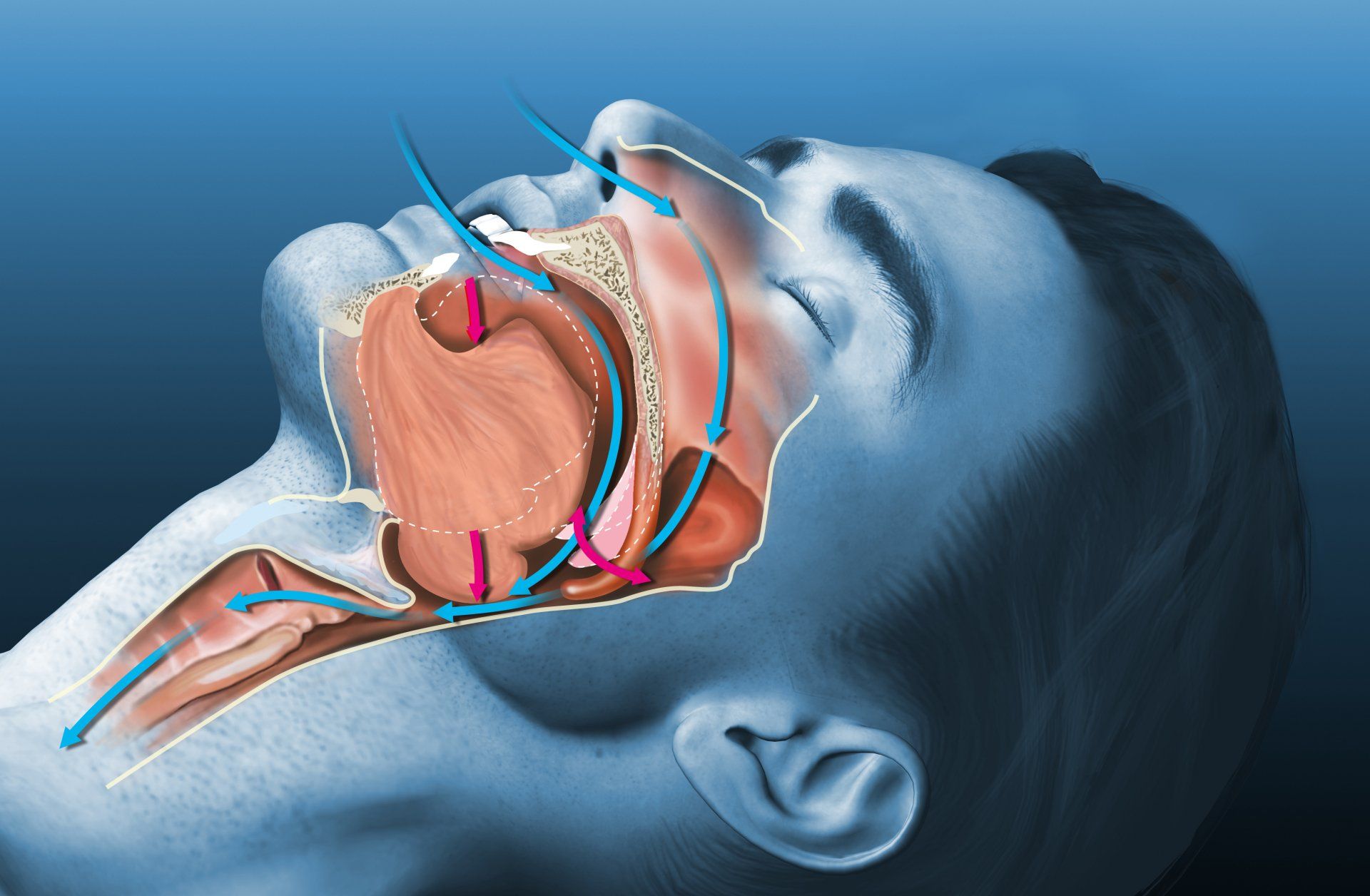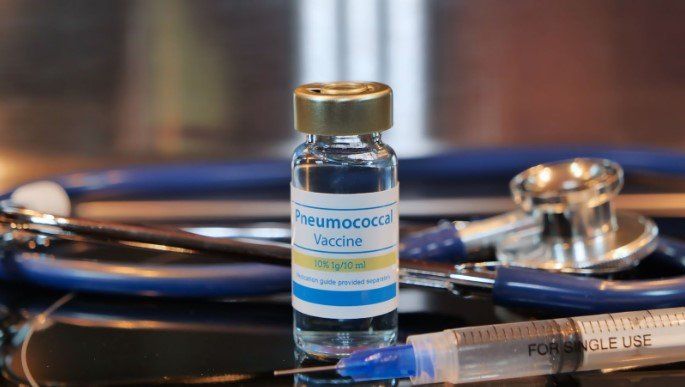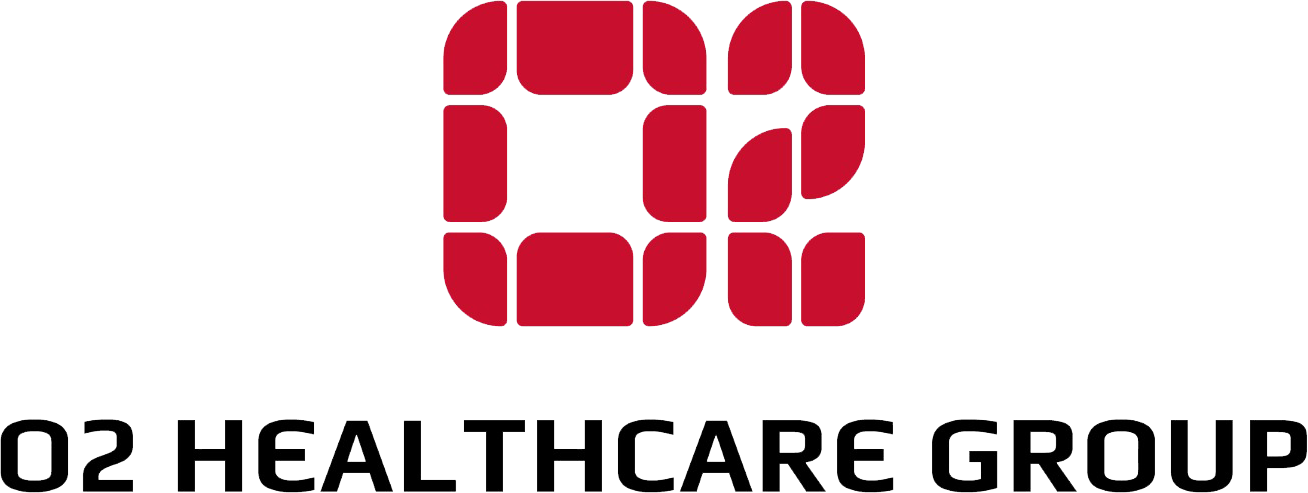What To Expect For Lung Cancer Screening?
As one of the most common forms of cancer in Singapore, lung cancer is a condition where abnormal cells within the lungs grow and multiply abnormally and in an uncontrollable manner.
That said, there are two main forms of lung cancer. Lung cancer that starts within the lungs is known as primary lung cancer, while cancer that begins at other bodily areas and spreads to the patient's lungs is known as secondary or metastatic cancer in the lung.
The key to effective diagnosis and treatment of lung cancer is catching it early. However, lung cancer symptoms, including shortness of breath, chest pain or weight loss often go unnoticed and can be deceptively difficult to lead towards a lung cancer diagnosis.
Hence, lung cancer screening can spot cancer in your lungs even without any symptoms. This will allow lung cancer patients a higher chance of early detection, diagnosis and better outcomes from treatment.
What Is Lung Cancer Screening?
Lung cancer screening is done via computed tomography (also known as a CT scan). This is a radiologic test that creates cross-sectional images (often called slices), horizontally and vertically, of the body. A CT scan is more detailed than chest x-rays in providing images of the lungs and surrounding tissues - including spots or abnormal tissues that aren't usually found in the lungs.
While spots (also called pulmonary nodules) might be scars, inflammation, blood vessels or other non-cancerous growths, they might also be cancer tissues. As a result, CT scans are key to getting started on diagnosing a potential lung cancer patient.
Who Should Go For Lung Cancer Screening?
Lung cancer screening is highly recommended for people with risk factors, including:
- Those who have a history of heavy smoking
- Current smokers or former smokers who have quit smoking recently
- Anyone aged between 55 and 80
- Those who exhibit symptoms of lung cancer
If you’re at high risk of developing lung cancer, or suspect yourself of having symptoms of lung cancer, you should seek out a lung cancer specialist in Singapore to find the best possible next steps.
What To Expect During A Lung Cancer Screening?
Lung cancer screening CT scan (also commonly referred-to as Low Dosage Computed Tomography or LDCT) is a non-invasive procedure that does not require injections, dyes, consumables or specific preparations before undergoing the scan. It is a relatively quick and simple procedure for the patient - he/she just needs to lie still on a CT scan table as the CT scanner proceeds to obtain the necessary images.
It is common to hear noises that are akin to whirring arising from the CT scanner during the imaging process. The scanning technician might also request the patient to hold their breath during the scan to complete the image capturing.
What To Expect With The Results Of A Lung Cancer Screening?
While CT scans can provide your lung specialist with detailed information such as the location, size and shape of any abnormalities within your lung, it cannot specifically diagnose if these abnormalities are cancer cells or not. Hence, the CT scan is commonly performed as an initial investigation, and the information obtained will allow the lung specialist to discuss with you whether further investigations (biopsies) of the abnormalities are required.
Looking to protect yourself or your loved one from lung cancer? Start lung cancer screening at Singapore's lung cancer specialists at Respiratory Medical Associates
Respiratory Medical Associates is an established specialist group that is recognized as one of Singapore's leading experts in the diagnosis of lung cancer.
With the rise of Covid-19, we have taken stringent steps in ensuring our patients and staffs' safety by going above and beyond the mandated protocols.
In addition, we also treat chronic disorders such as asthma, chronic obstructive pulmonary disease (a lung disease caused by smoking), lung fibrosis as well as food and drug allergy.
Enquire now at https://www.respmed-associates.sg/







